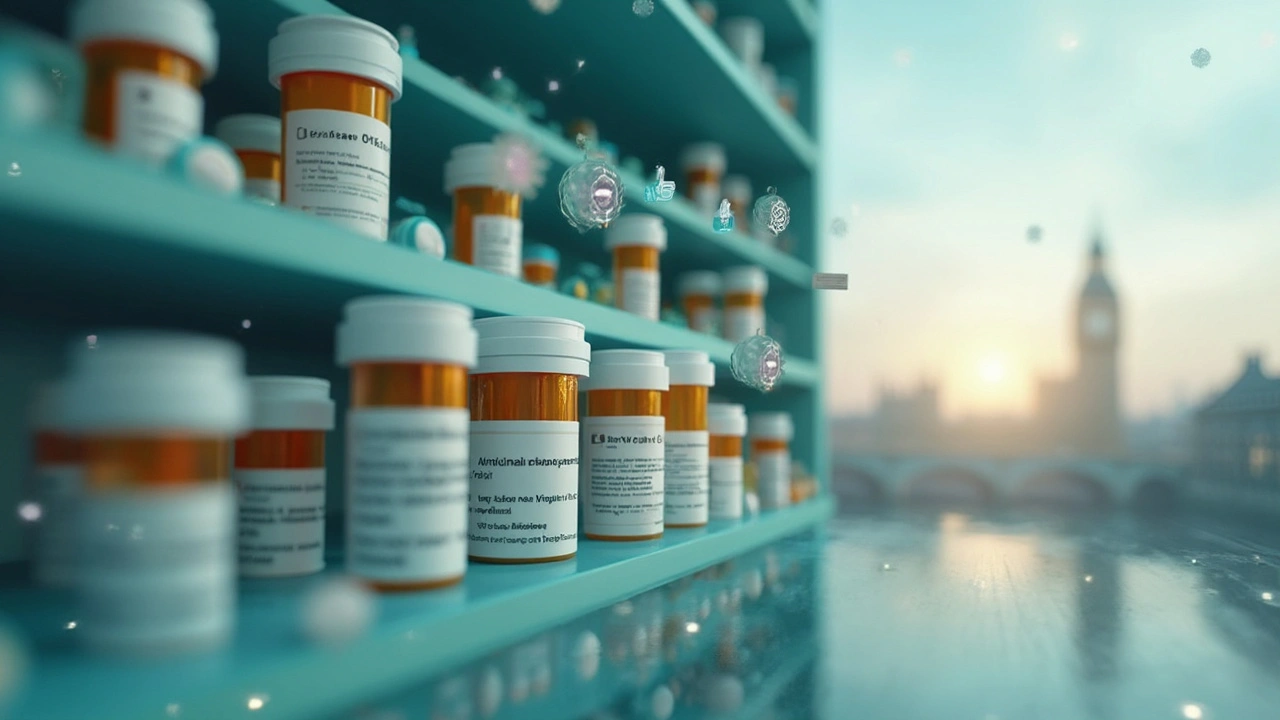Online Medication: How to Buy Safely and Smart
More people buy medicines online than ever—but not every site is safe. I’ll give clear steps you can use right now to pick a legit online pharmacy, avoid fakes, and keep your health records straight.
First, check licensing and contact details. A real pharmacy shows a physical address, a phone number that answers, and a pharmacist you can speak with. Look for regulator seals (for example NABP/VIPPS in the US or MHRA in the UK) and verify those seals on the regulator’s website—not just on the pharmacy page.
Always expect to show a prescription for prescription drugs. If a site sells antibiotics, psychiatric meds, or opioids without asking for a prescription, that’s a major red flag. Legit pharmacies will also ask about allergies and current medicines to help avoid dangerous interactions.
Quick checklist before you buy
Use this short checklist each time: verify the license, call the phone number, ask to speak to a pharmacist, require a prescription, check for secure payment, read recent user reviews, and confirm shipping and customs rules for your country. If two of these items fail, walk away.
How to spot scams and low-quality meds
Watch for wildly low prices, promises of miracle cures, or sites that ship from multiple countries without clear information. Counterfeit meds might look right but lack active ingredients or have wrong doses. When your package arrives, check the packaging, batch number, and expiration date. If the pills look different from what you know, stop taking them and contact your prescriber.
Think about delivery and storage. Some drugs need temperature control. If shipping takes weeks or arrives in damaged packaging, don’t use the medicine. Also check customs rules: some countries restrict certain drugs and packages may be seized or destroyed.
Consider generics to save money, but confirm the active ingredient and dosage. Generic drugs approved by recognized regulators contain the same active substance as brand-name versions. When in doubt, ask your doctor if a generic is suitable for you.
Keep records. Save receipts, prescriptions, the site’s terms, and photos of the package. If anything goes wrong, these records help you get a refund or report the seller to authorities.
Report problems and use verification tools. If a medicine seems fake or you have a bad reaction, report the seller to consumer protection or your national health regulator and save the package as evidence. Use online tools to check pill appearance, batch numbers, and approval status. Keep an up-to-date list of all medicines and share it with any pharmacist you call. Pharmacy review sites help but read several sources—scammers can post fake positive reviews. Rely on regulators and licensed professionals first.
If unsure, stop and consult a licensed professional immediately today.

